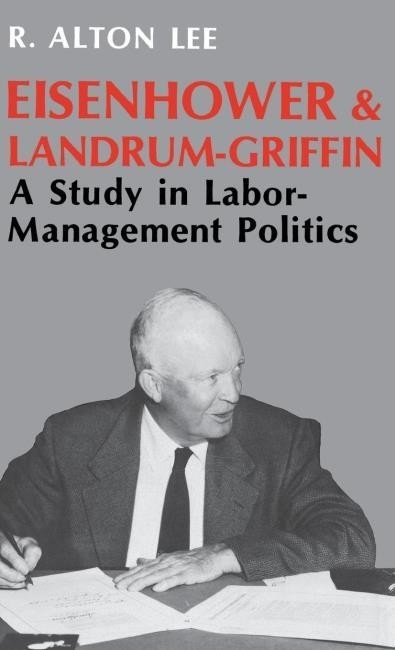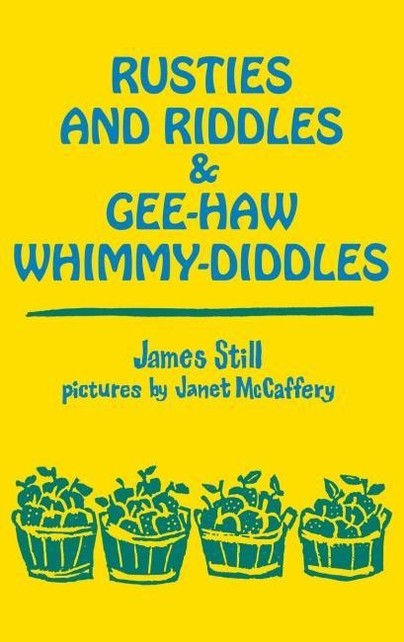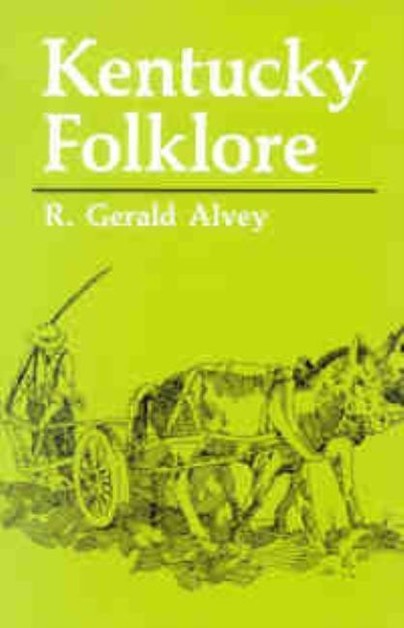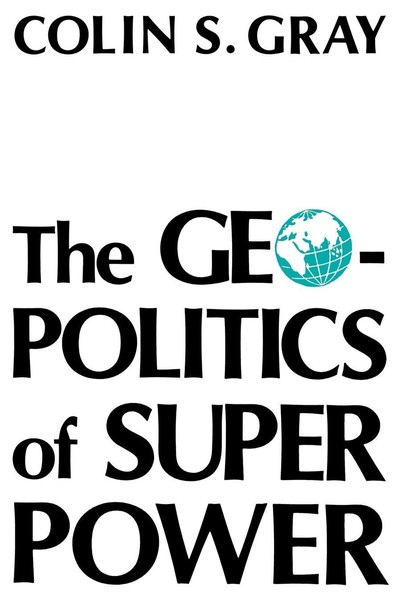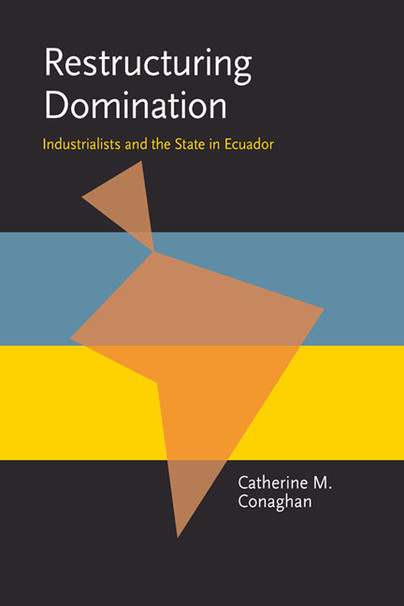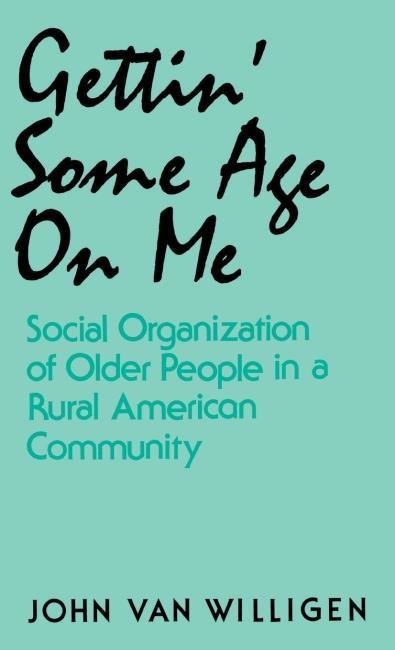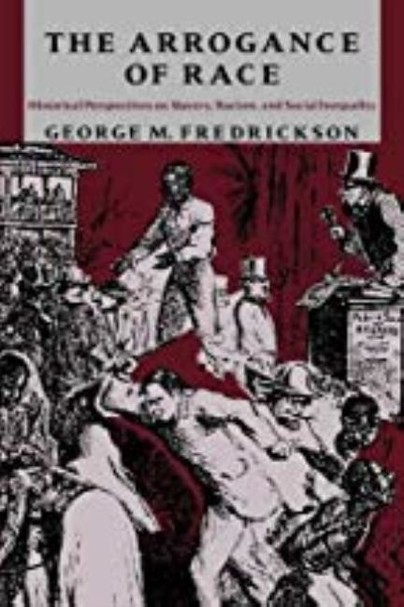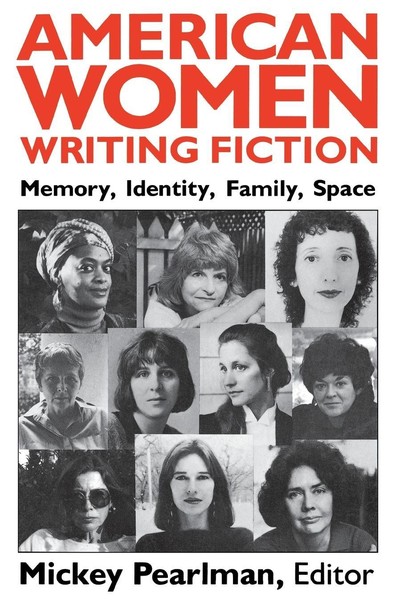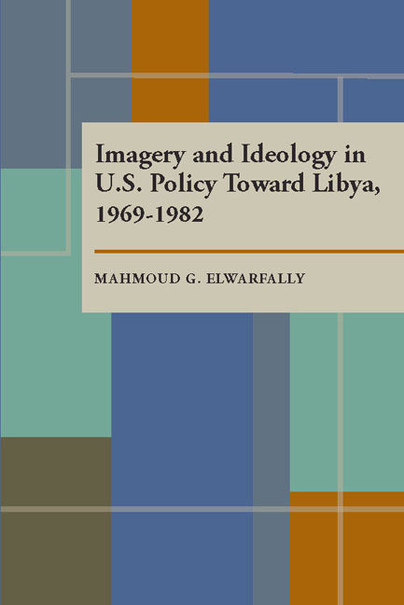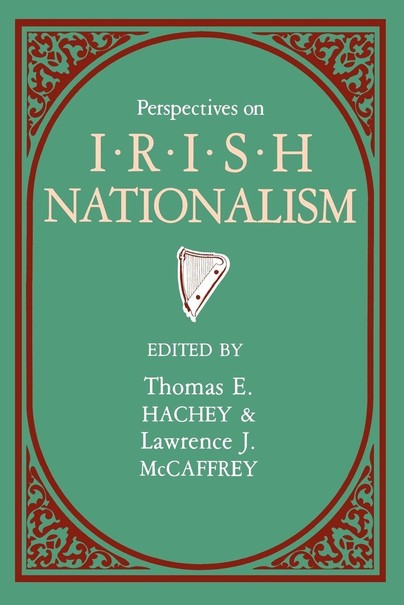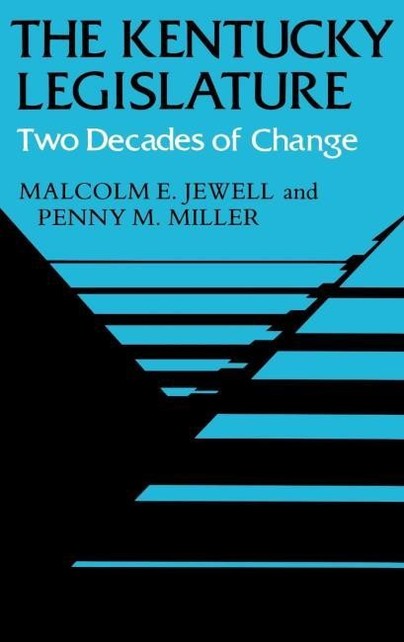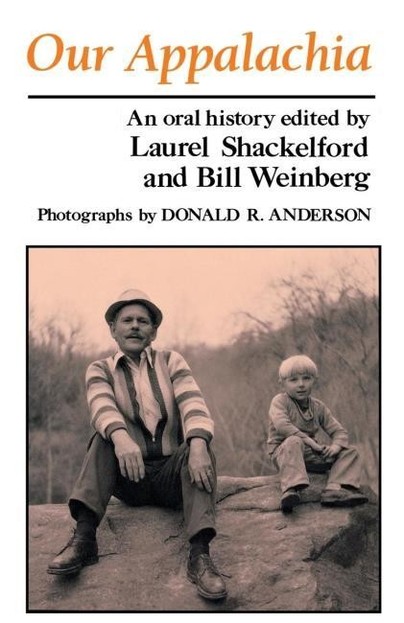American literature is no longer the refuge of the solitary hero. Like the society it mirrors, it is now a far richer, many-faceted explication of a complicated and diverse society -- racially, culturally, and ethnically interwoven and at the same time fractured and fractious.Ten women writing fiction in America today -- Toni Cade Bambara, Joan Didion, Louise Erdrich, Gail Godwin, Mary Gordon, Alison Lurie, Joyce Carol Oates, Jayne Anne Phillips, Susan Fromberg Schaeffer, and Mary Lee Settle -- represent that geographic, ethnic, and racial diversity that is distinctively American.
Their differing perspectives on literature and the American experience have produced Erdrich's stolid North Dakota plainswomen; Didion's sun-baked dreamers and screamers; the urban ethnics -- Irish, Jewish, and black -- of Gordon, Schaeffer, and Bambara; Oates's small-town, often violent, neurotics; Lurie's intellectual sophisticates; and the southern survivors and victims, male and female, of Phillips, Settle, and Godwin.The ten original essays in this collection focus on the traditional themes of identity, memory, family, and enclosure that pervade the fiction of these writers. The fictional women who emerge here, as these critics show, are often caught in the interwoven strands of memory, perceive literal and emotional space as entrapping, find identity elusive and frustrating, and experience the interweaving of silence, solitude, and family in complex patterns.Each essay in this collection is followed by bibliographies of works by and about the writer in question that will be invaluable resources for scholars and general readers alike. Here is a readable critical discussion of ten important contemporary novelists who have broadened the pages of American literature to reflect more clearly the people we are.


